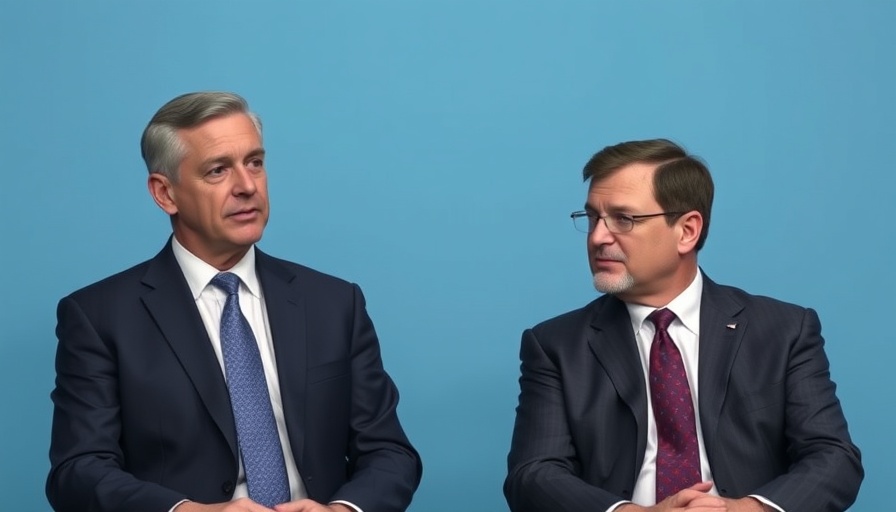
Understanding the Stakes of Philadelphia's DA Race
As Philadelphia gears up for the May 20 Democratic primary, the race for the role of District Attorney pits incumbent Larry Krasner against retired Municipal Court judge Pat Dugan. This election is more than just a vote; it's a referendum on the criminal justice approach that has been shaping Philadelphia's landscape for the past several years.
Crime Rates vs. Progressive Advocacy
Krasner has positioned himself as the champion of a more progressive legal strategy, claiming that his policies have resulted in a historically low homicide rate and an overall decrease in crime. At the heart of his argument is a belief that the criminal justice system should prioritize rehabilitation over incarceration. His office has successfully exonerated those wrongfully convicted and sought to reduce jail time for minor offenses. However, his tenure is also marked by surges in crime rates that critics attribute to his policies.
Conversely, challenger Pat Dugan believes that Krasner's progressive policies have made the city less safe. Dugan points to significant spikes in violent crime during Krasner's time in office, urging voters to reconsider Krasner’s approach and embrace a tougher stance on crime. His campaign capitalizes on the perception of public safety concerns, suggesting that more aggressive prosecution is essential.
Funding and Support: A Crucial Element
While Krasner has a history of wide popular support, which helped him secure significant victories in past elections, Dugan's campaign has seen impressive fundraising and endorsements from powerful labor unions. These endorsements not only bolster Dugan’s credibility but also reflect a growing concern among constituents about safety and public order in Philadelphia. Dugan's strategy appears to resonate with voters looking for assurance amid rising crime, whereas Krasner faces the challenge of defending his record while maintaining his base.
The Broader Implications of Election Choices
Whoever emerges victorious from this primary will likely have a clear path to the November election, as there is currently no Republican candidate seeking the DA's office. This unique political landscape heightens the stakes of the primary, suggesting that the January outcome will define not just policies, but the very direction of Philadelphia’s approach to criminal justice.
Moreover, it's important to consider how these elections inform broader discussions around police reform and criminal justice initiatives that resonate across the nation. With Krasner having become a controversial national figure amid progressive movements for change, this election serves as a microcosm of the ideological battles taking place around the country.
Engagement and Importance for Voters
This primary isn't just about choosing a candidate; it's about deciding which vision for public safety and justice is best for the future of Philadelphia. For top wage earners and every citizen out there, understanding the implications of each candidate’s policies are crucial. The outcome will influence not only law enforcement but also the overall health of neighborhoods within the city.
As this election approaches, it's critical for voters to engage with the issues at hand, scrutinize the candidates’ records, and ultimately make informed decisions that reflect their hopes for their community.
Stay tuned for more updates and insights leading up to the primary. This is an opportunity for Philadelphians to voice their opinions and shape the future of their city.
 Add Row
Add Row  Add
Add 




Write A Comment